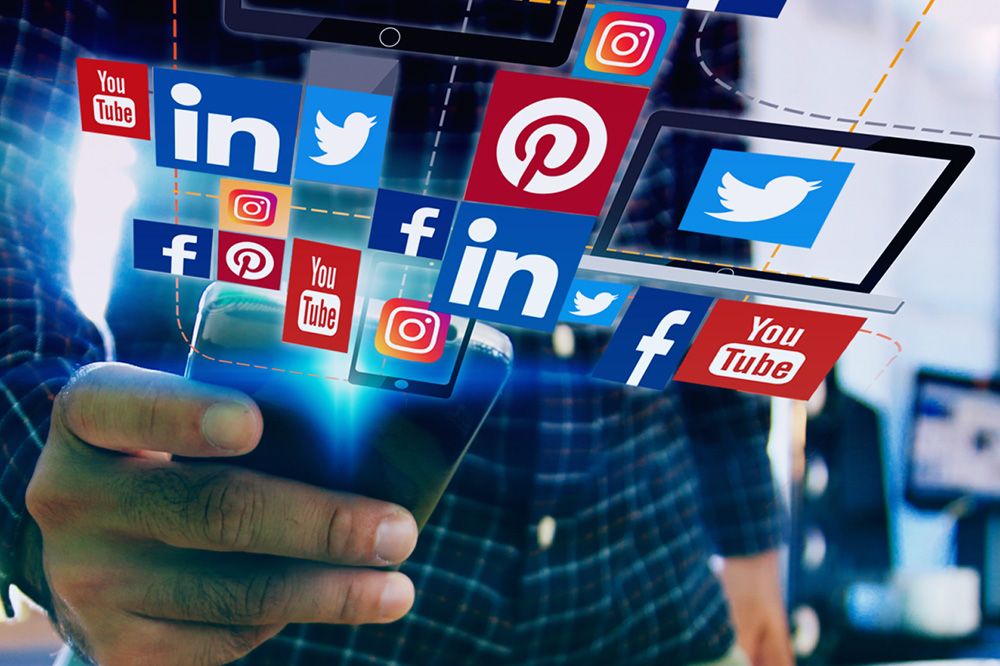The stark contrast between our online and offline experiences has become a defining feature of modern life. When scrolling through social media, it's common to feel overwhelmed by the sense of chaos and division that seems to permeate every corner of the internet. Yet, when we step away from our screens and into the real world, we're often met with a sense of tranquility and normalcy. This disconnect has led many to wonder: is the online world truly representative of society, or is something more sinister at play? Research suggests that a small but highly active group of users may be responsible for the toxic atmosphere that pervades the internet, and that this distortion has significant consequences for our collective perception of reality.
The evidence for this claim is compelling. A recent study found that just 10% of users produce roughly 97% of political tweets, with a tiny fraction of individuals generating the vast majority of online content. This means that the voices we hear online are not representative of the broader population, but rather a small, vocal minority that is amplified by social media algorithms. The example of Elon Musk's platform, X, is particularly striking, with the billionaire entrepreneur posting over 1,400 times in just 15 days and spreading misinformation to his 221 million followers. This type of behavior is not unique to Musk, with research showing that a mere 0.1% of users share 80% of fake news, and that a small group of "disinformation dozen" accounts created most of the vaccine misinformation on Facebook during the pandemic.
The impact of this distortion is profound, leading many to believe that society is far more polarized, angry, and deluded than it really is. Humans rely on mental models to navigate social norms and make sense of the world, but on social media, these models are based on a skewed sample of opinions. We see a flood of extreme, emotionally charged content that creates a false narrative about what others think and believe. This fuels pluralistic ignorance, where we misperceive the views and behaviors of others, and can even shift our own behavior accordingly. The consequences of this are far-reaching, from voters who assume there's no common ground on issues like immigration or climate change, to individuals who become radicalized by online echo chambers.
The problem is not just the individual extremists, but also the platform design and algorithms that amplify their content. These algorithms are built to maximize engagement, which means they privilege content that is surprising or divisive. This creates a self-reinforcing cycle, where people exaggerate their beliefs or repeat outrageous narratives to get attention and approval. Even those who are not especially extreme may start acting that way online, because it gets rewarded. The result is a toxic dynamic that drowns out the voices of reason and moderation, leaving the most obnoxious individuals to shape our collective perception of reality.
However, there is hope for change. By recognizing the illusion created by social media, we can begin to take back control. This can be as simple as curating our feeds, resisting outrage bait, and refusing to amplify nonsense. Research has shown that even small changes to our online behavior can have a significant impact, with one study finding that people who unfollowed divisive political accounts reported feeling 23% less animosity towards other groups. Platforms can also redesign their algorithms to prioritize more representative or nuanced content, which is what most people want. By taking these steps, we can create a healthier online environment that reflects the diversity and complexity of human experience, rather than the distorted views of a vocal minority.
Ultimately, the internet is a powerful tool that can be used for good or ill. If we allow it to continue reflecting only the most extreme voices, we'll all suffer the consequences. But by working together to create a more representative and nuanced online environment, we can harness the potential of the internet to bring people together, rather than driving them apart. It's time for us to take back control of our online lives and create a digital world that reflects the best of humanity, rather than the worst. By doing so, we can build a more compassionate, empathetic, and informed society, both online and off.
Could a minority of users be ruining the internet for everyone else?

404news
Jul 15, 2025
68
0

AI Analysis Engine
Advanced content understanding & insights
Executive Summary
Key Insights
Implications
Analyzing Content
Our AI is processing the article...
68
Article Views
0
Comments
Community Consensus
Diverse perspectives, shared understanding
0
Perspectives
0
Votes
1
Article Likes
Loading community perspectives...
Quick Poll
How does this article impact you?
0
Participants
4
Options
--
Engagement
Loading poll options...
Recommended Reading
More Great Reads
Continue your journey with these hand-picked articles from our community
Finding Perfect Reads
Curating personalized recommendations...
Community Discussion
Thoughtful conversations, diverse voices
0
Comments
1
Likes
68
Views
Share Your Thoughts
Anonymous
No comments yet
Be the first to share your thoughts and start the conversation!